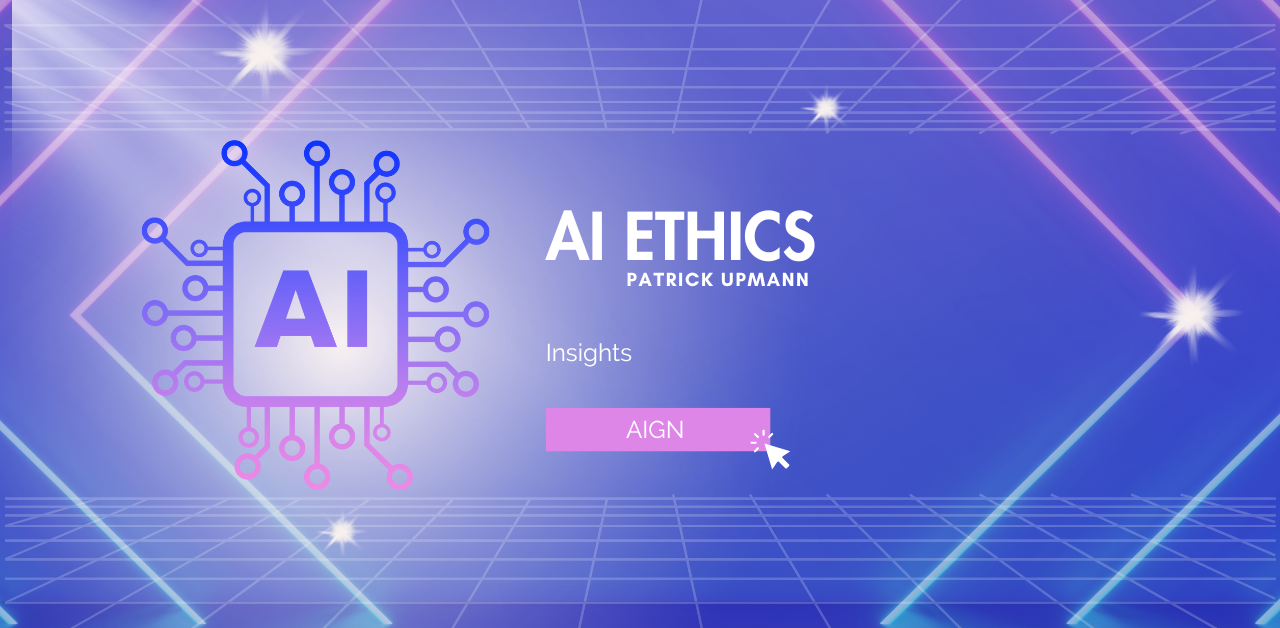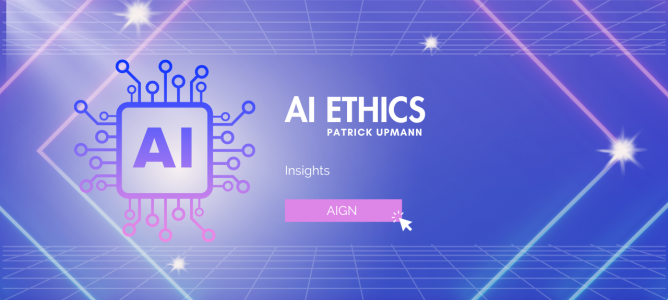How Adaptive Ethical Standards Ensure Responsible AI Deployment Across Diverse Regions
Artificial Intelligence (AI) operates on a global scale, but its impact is deeply rooted in local contexts. Ethical AI frameworks that work in one region may not align with the cultural values, societal expectations, or legal systems of another. Developing localized ethical frameworks ensures that AI systems are not only effective but also culturally sensitive and socially acceptable.
This article explores the importance, challenges, and strategies for adapting ethical AI standards to diverse regional contexts, fostering trust and inclusivity across global AI applications.
Why Localized Ethical Frameworks are Critical
AI systems deployed across different regions interact with unique cultural and societal norms. Adapting ethical standards ensures these technologies respect local values while maintaining global accountability.
Key benefits include:
- Cultural Sensitivity: Ensures AI aligns with regional beliefs, values, and practices.
- Enhanced Trust: Builds confidence in AI systems by respecting local societal norms.
- Regulatory Compliance: Aligns AI applications with regional laws and governance standards.
- Global Inclusivity: Promotes equitable AI use across diverse populations.
Statistic: According to the AI Governance Institute (2023), 72% of users trust AI systems more when they reflect local cultural and societal norms.
Key Principles for Localized Ethical Frameworks
- Cultural Adaptability
Design AI systems that account for cultural nuances, traditions, and societal expectations.Example: AI systems in healthcare offering culturally relevant health advice based on dietary norms. - Regional Governance Alignment
Ensure compliance with local laws and regulations while adhering to global ethical principles. - Community Engagement
Involve local stakeholders in the development of AI frameworks to reflect their priorities and concerns.
Statistic: Community-driven AI frameworks improve adoption rates by 40% (McKinsey, 2023).
- Ethical Consistency
Maintain a balance between localized adaptations and universal ethical standards. - Transparency
Clearly communicate how ethical standards are adapted and applied in each region.
Challenges in Developing Localized Ethical Frameworks
- Diverse Cultural Norms
Differing values and traditions make it difficult to create universally acceptable frameworks. - Regulatory Fragmentation
Varying legal requirements across regions can complicate compliance. - Resource Constraints
Adapting ethical standards for multiple regions requires significant investment in research and community engagement. - Balancing Global and Local Values
Striking a balance between universal ethical principles and local cultural sensitivities can be challenging.
Strategies for Developing Localized Ethical Frameworks
1. Conduct Regional Cultural Analyses
Understand local values, norms, and societal expectations to inform ethical adaptations.
Actionable Steps:
- Collaborate with cultural experts and local organizations.
- Conduct surveys and focus groups to gather insights from diverse communities.
Example: Designing AI-driven education platforms that respect local teaching styles and languages.
2. Align with Local Governance Standards
Ensure AI systems comply with regional laws and regulations while maintaining ethical integrity.
Actionable Steps:
- Map regional regulatory requirements against global AI governance standards.
- Partner with legal experts to ensure compliance in each region.
Statistic: Aligning with local governance reduces regulatory violations by 35% (Accenture, 2024).
3. Establish Local Advisory Boards
Create regional ethics advisory boards to provide guidance on adapting AI frameworks.
Actionable Steps:
- Include representatives from local governments, academia, and civil society.
- Review AI applications and frameworks for cultural and societal alignment.
4. Involve Local Communities
Engage directly with end-users to understand their expectations and concerns regarding AI systems.
Actionable Steps:
- Host workshops or town halls to gather community input.
- Develop co-creation models that involve users in the design process.
5. Maintain Global Ethical Standards
Ensure localized adaptations do not compromise universal ethical principles, such as fairness, transparency, and accountability.
6. Regularly Update Frameworks
Adapt ethical standards as local norms evolve or as AI systems expand into new regions.
Case Studies: Localized Ethical Frameworks in Action
- Google’s AI Translation Systems
Google adapts its AI translation tools to include culturally appropriate phrases and idioms, reflecting local language nuances. - UNESCO’s AI Ethics Recommendations
UNESCO collaborates with member states to tailor global ethical principles to regional contexts, promoting culturally sensitive AI use. - AI in Healthcare in Africa
AI systems in Africa are adapted to reflect local healthcare practices and societal norms, improving acceptance and trust.
Benefits of Localized Ethical Frameworks
- Culturally Sensitive AI: Ensures alignment with local values and traditions.
- Increased Trust: Builds confidence in AI systems through respectful and inclusive practices.
- Regulatory Compliance: Reduces legal risks by adhering to regional governance standards.
- Equitable Access: Promotes ethical AI adoption across diverse populations.
Statistic: Localized AI systems report 25% higher user satisfaction compared to one-size-fits-all approaches (Deloitte, 2023).
Conclusion
Localized ethical frameworks are essential for deploying AI responsibly across diverse cultural and societal contexts. By adapting standards to reflect local values, involving communities, and aligning with regional regulations, organizations can ensure that AI systems are equitable, trusted, and impactful worldwide.
Take Action Today
If your organization is deploying AI in multiple regions, we can help you develop localized ethical frameworks that respect cultural and societal norms. From cultural analyses to compliance mapping and community engagement, our consulting services ensure your AI systems are globally scalable yet locally relevant. Let’s work together to create AI systems that reflect the diversity of the world they serve.


